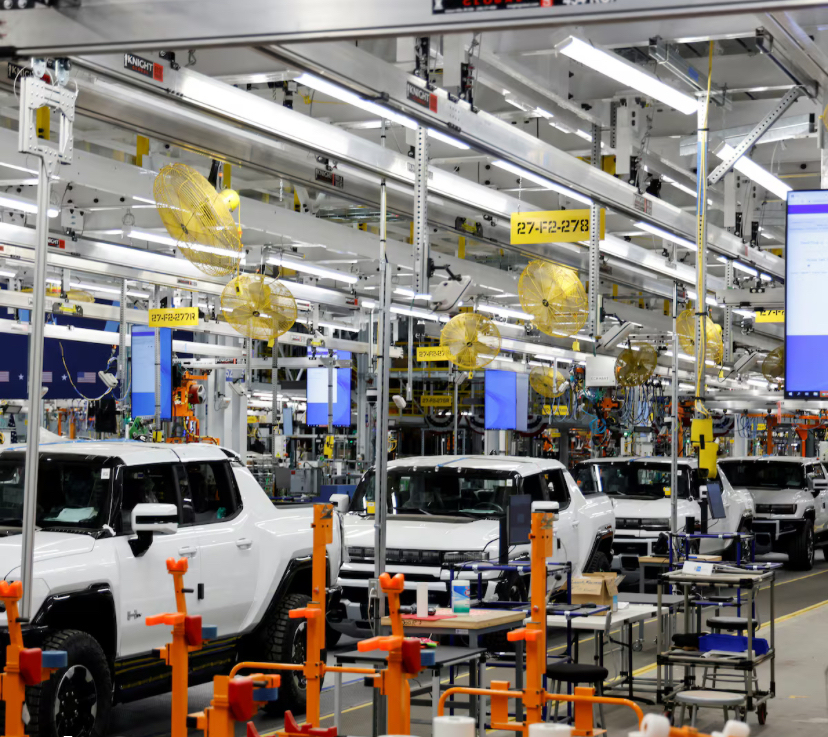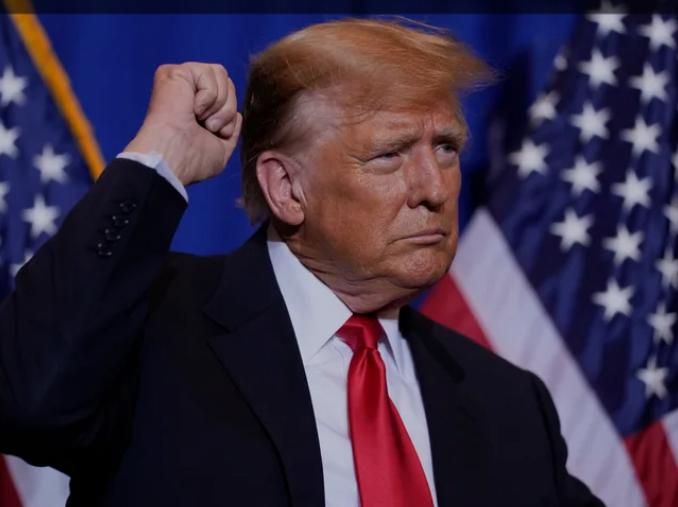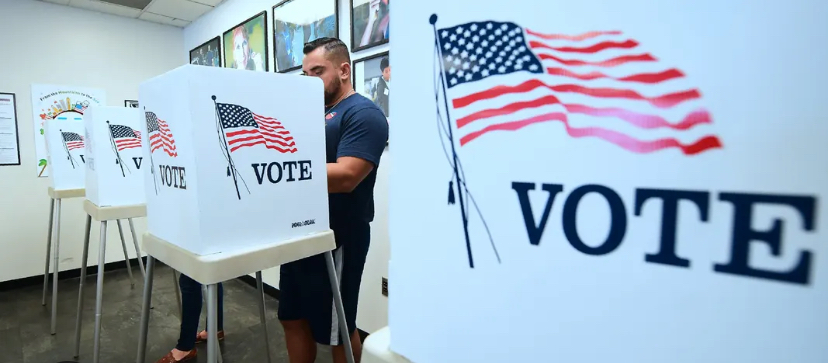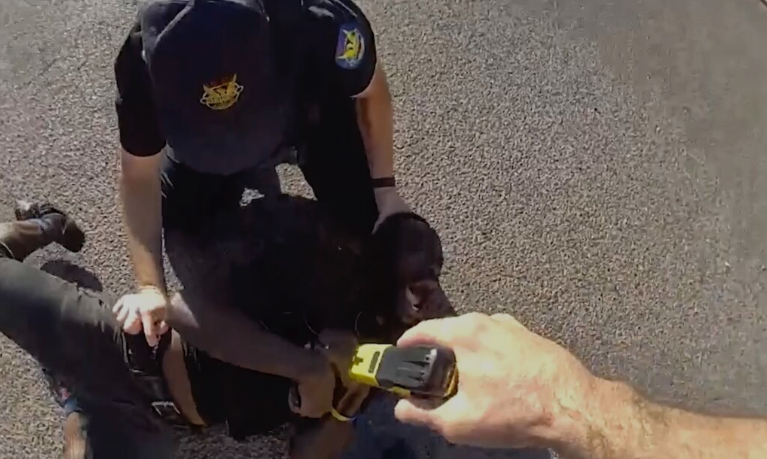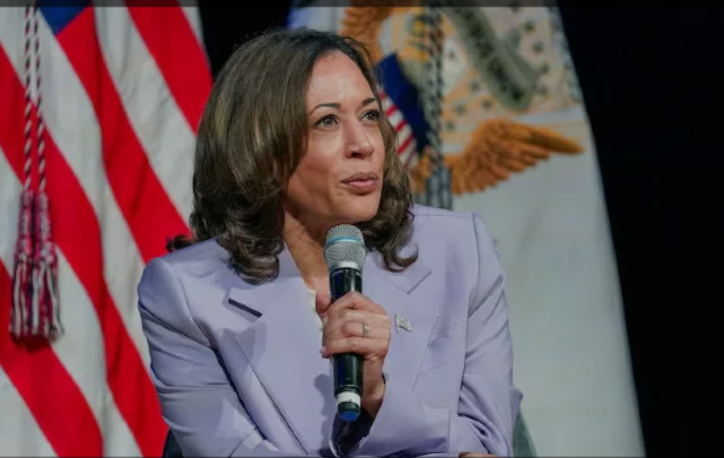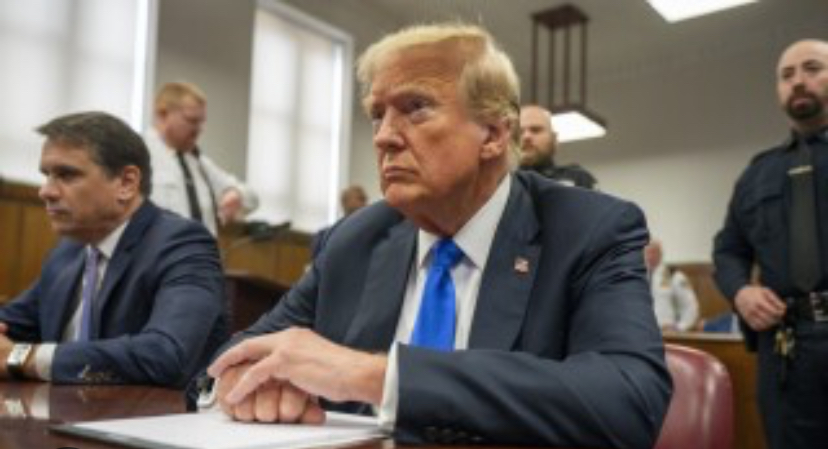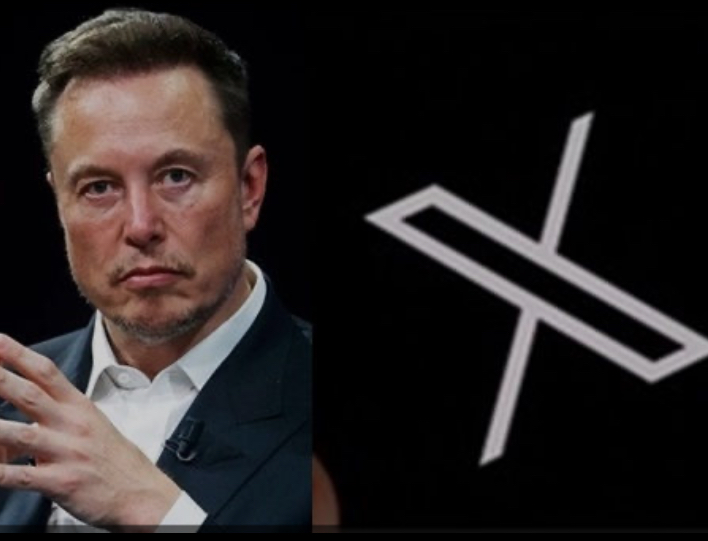
On Monday, a five-member panel of Brazil’s Supreme Court is set to vote on whether to uphold or overturn Justice Alexandre de Moraes’ decision to suspend the social media platform X in Brazil. The decision stems from the platform’s failure to comply with a legal requirement to appoint a representative in the country. Justice de Moraes, often criticized by X owner Elon Musk, convened a virtual session of the court’s first chamber for the review. Musk has labeled de Moraes a “dictator” over his actions, accusing him of engaging in censorship.
Brazil’s Supreme Court is composed of 11 justices, divided into two chambers with five members each, not including the chief justice. In this case, justices Carmen Lucia, Luiz Fux, Cristiano Zanin, and Flavio Dino will join de Moraes in determining whether his initial ruling to block X should stand.
The platform, formerly known as Twitter, was suspended in Brazil on Saturday after it failed to meet a deadline on Thursday to designate a legal representative within the country, as mandated by law. This suspension is the latest chapter in a tense standoff between Justice de Moraes and Musk, who has resisted complying with Brazilian judicial orders that require X to take action against accounts disseminating alleged disinformation and hate speech.
Musk has responded to the court’s demands by accusing de Moraes of unjust censorship and retaliated by shutting down X’s office in Brazil in August, without appointing a new local representative. Justice de Moraes, however, insists that social media companies must adhere to regulations designed to combat hate speech and protect democratic discourse.
Supporting Justice de Moraes’ perspective, Brazil’s Chief Justice Luis Roberto Barroso emphasized in an interview with Folha de S.Paulo that companies unwilling to comply with local laws by appointing a legal representative should not be allowed to operate in Brazil. He argued that accountability is a fundamental aspect of maintaining a fair digital environment, especially when platforms wield significant influence over public opinion.
This case has drawn significant attention, not only because of the legal implications but also because of its potential impact on digital platforms and how they operate in different regulatory environments. Many observers see it as a crucial test of how far a national government can go in enforcing its laws on global tech companies and whether digital giants like X can operate independently of local regulations and oversight.
The upcoming decision by the Supreme Court’s panel could set a precedent for future interactions between the judiciary and social media companies in Brazil, potentially influencing policies on content regulation and corporate responsibility in the digital age.


